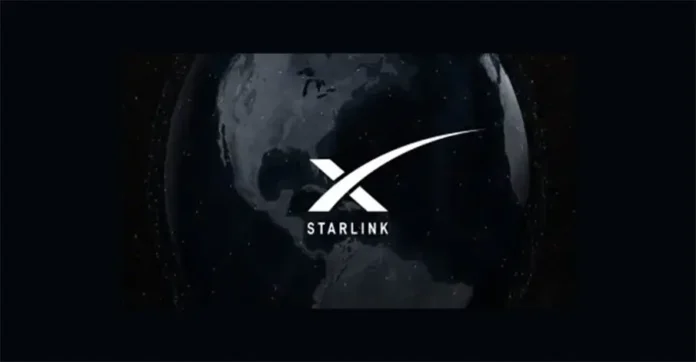
Elon Musk’s Starlink has cleared the final regulatory requirement to begin satellite-based internet services in India, marking a key step forward after a prolonged wait since 2022. The company has now received approval from IN-SPACe (Indian National Space Promotion and Authorisation Centre), following the GMPCS licence granted by the Department of Telecommunications (DoT) last month. With both regulatory bodies now on board, Starlink is poised to begin its rollout plan across the country.
The latest authorisation gives Starlink the go-ahead to operate its Gen1 satellite constellation in Indian airspace and provide connectivity services. According to a report by Moneycontrol, the IN-SPACe approval is valid until July 7, 2030, and comes with specific frequency band allocations. For its gateway stations, Starlink can use uplink bands of 27.5–29.1 GHz and 29.5–30 GHz, and downlink bands of 17.8–18.6 GHz and 18.8–19.3 GHz, supporting both right-hand and left-hand circular polarisation. For user connections, the authorised bands include 14.0–14.5 GHz (uplink) and 10.7–12.7 GHz (downlink).
While the approval is a significant milestone, Starlink isn’t ready for full-scale commercial operations just yet. The company must still acquire spectrum from the government, establish ground gateway stations, and pass required security and technical testing. As per current plans, at least three gateway stations will be built across India to support the network infrastructure.
In the meantime, trial operations are expected to begin soon. The DoT is reportedly preparing to issue trial spectrum so that Starlink can demonstrate its system’s compliance with India’s performance and security norms before going live.
Starlink’s entry has also been part of a broader policy debate in India over how spectrum for satellite services should be allocated. While traditional telecom operators like Reliance Jio lobbied for auctions, the Indian government sided with Starlink’s approach of administrative allocation, streamlining its path forward.
Notably, the Moneycontrol report highlights that Starlink has already signed early commercial agreements with VSAT (Very Small Aperture Terminal) providers, suggesting that its initial focus may be on enterprise and government clients rather than retail consumers.
With this clearance, Starlink now joins Eutelsat OneWeb and Reliance Jio as one of the few companies fully authorised to provide satellite internet services in India.





